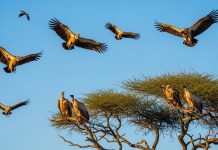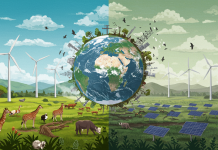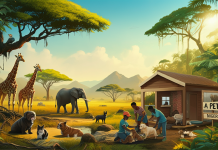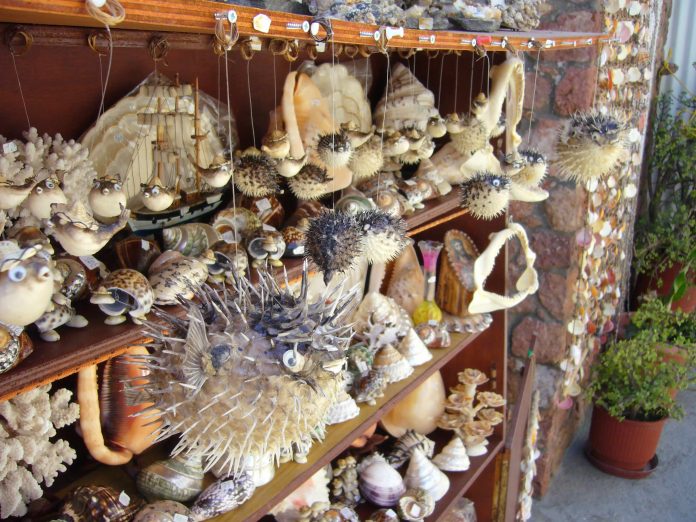The World Wildlife Fund (WWF) has called on Southeast Asia to follow the footsteps of China to ban unregulated wildlife trade and consumption of wild animals. Southeast Asia is a key hub of wildlife trafficking and a major pathway for trafficking into China. China banned unregulated trade in wildlife recently after the outbreak of the novel coronavirus in the country.
Scientists are yet to determine the exact cause of the recent outbreak but they believe it could be linked to improper handling of raw meat from wild animals.
While the WWF commended China’s move on the ban, it held that there is still more to be done.
Read also: Coronavirus forces China to ban unregulated wildlife trade
“Southeast Asian countries must learn from China’s example and ban the sales of wild meat for the health of their citizens and to prevent damage to their economies, as is happening currently due to COVID-19,” said Christy Williams, the WWF International regional director for the Asia Pacific.
“This means that they must stop the trade from moving into their territories.”
Williams noted that in the past when China banned wildlife products such as ivory, traffickers shifted their trade into Southeast Asia. He this held that China’s current ban on wild meat could move the trade to its neighbors, which is why WWF Asia Pacific is urging other nations to follow suit with their own bans. It recommended that governments increase market inspections and raise awareness among the public to stop the sale and consumption of wildlife products.
While the concern around the current coronavirus epidemic is primarily about human health, it may also yield the benefit of having fewer animals trafficked. China has long been a major market for animal products such as rhino horn and pangolin skins. Besides wildlife trafficking among Chinese citizens, this has led traffickers to do business in nearby developing nations, which they can use to source animal products or to transfer the products from farther afield.
In Vietnam for instance, which shares a land border with China, the environmental groups Education for Nature (ENV), Four Paws International, and World Animal Protection are trying to convince owners to give up their sun bears and Asiatic black bears, whose bile is collected and sold for perceived medicinal benefits in China and elsewhere.
“The bear bile industry was once profitable and in-demand,” Nguyen Thi Phuong Dung, the vice director of ENV, said. “However, as more people choose to not buy bear bile, more farmers are asking their bears for forgiveness and giving them better lives at a rescue center.”
Her group said that bears have been tortured and that hundreds remain in cages. Vietnam had thousands of bears 15 years ago, a number that has decreased to less than a thousand now because of the bile trafficking, according to Four Paws.
Environmental groups in Asia have cited ethical reasons in appealing to people to stop the wildlife trafficking. However with the coronavirus epidemic, the groups are now also appealing to people’s self interest. Past epidemics show that just focusing on the containment of infected individuals is not enough, but there needs to be control over the use of animal products as well, said Ron Ryuji Tsutsui, the chairperson of the WWF CEOs group in the Asia Pacific.
The coronavirus has already had some unintended environmental benefits, such as improved air quality in some Asian cities as fewer factories and cars on the road emit less greenhouse gas into the atmosphere. Tsutsui hopes that tighter regulatory control of the wildlife trade in the wake of the virus will be good not just for humans but for animals too.
“China’s decision to deal with the source of the problem — permanently closing markets and banning the eating of wild meat — is a game changer,” he said of the response to the coronavirus. “All Asian governments need to follow this example in the interest of human health, as well as the conservation of wildlife.”

















